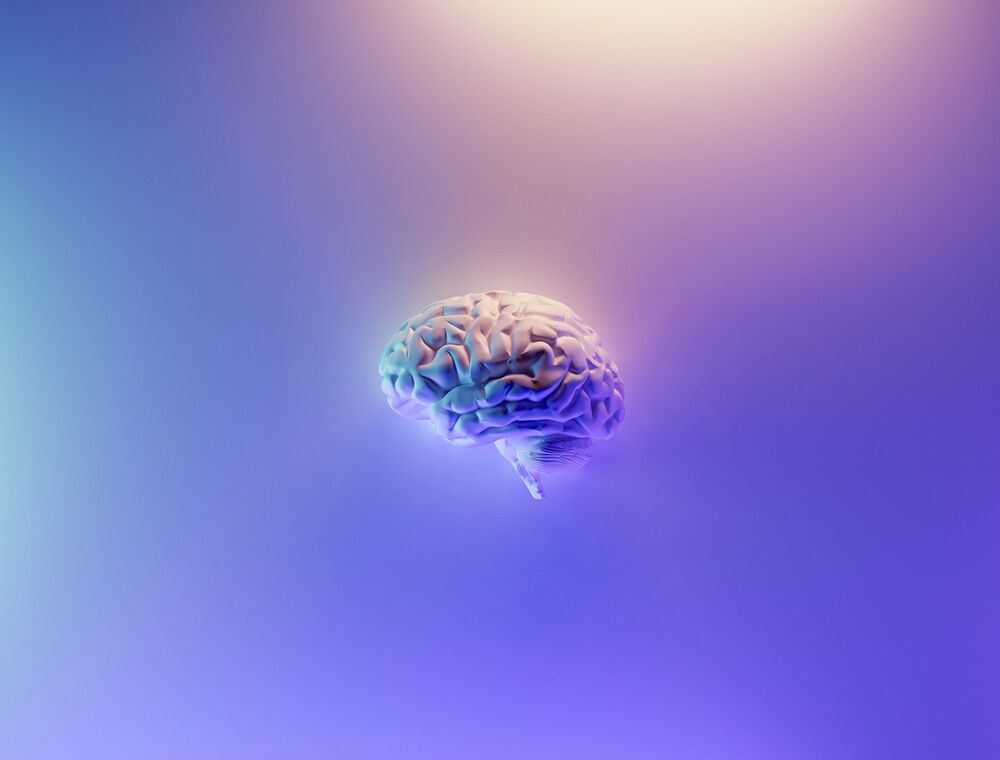At Boston University, a team of researchers is working to better understand how language and speech is processed in the brain, and how to best rehabilitate people who have lost their ability to communicate due to brain damage caused by a stroke, trauma, or another type of brain injury. This type of language loss is called aphasia, a long-term neurological disorder caused by damage to the part of the brain responsible for language production and processing that impacts over a million people in the US.
“It’s a huge problem,” says Swathi Kiran, director of BU’s Aphasia Research Lab, and College of Health & Rehabilitation Sciences: Sargent College associate dean for research and James and Cecilia Tse Ying Professor in Neurorehabilitation. “It’s something our lab is working to tackle at multiple levels.”
For the last decade, Kiran and her team have studied the brain to see how it changes as people’s language skills improve with speech therapy. More recently, they’ve developed new methods to predict a person’s ability to improve even before they start therapy. In a new paper published in Scientific Reports, Kiran and collaborators at BU and the University of Texas at Austin report they can predict language recovery in Hispanic patients who speak both English and Spanish fluently—a group of aphasia patients particularly at risk of long-term language loss—using sophisticated computer models of the brain. They say the breakthrough could be a game changer for the field of speech therapy and for stroke survivors impacted by aphasia.
